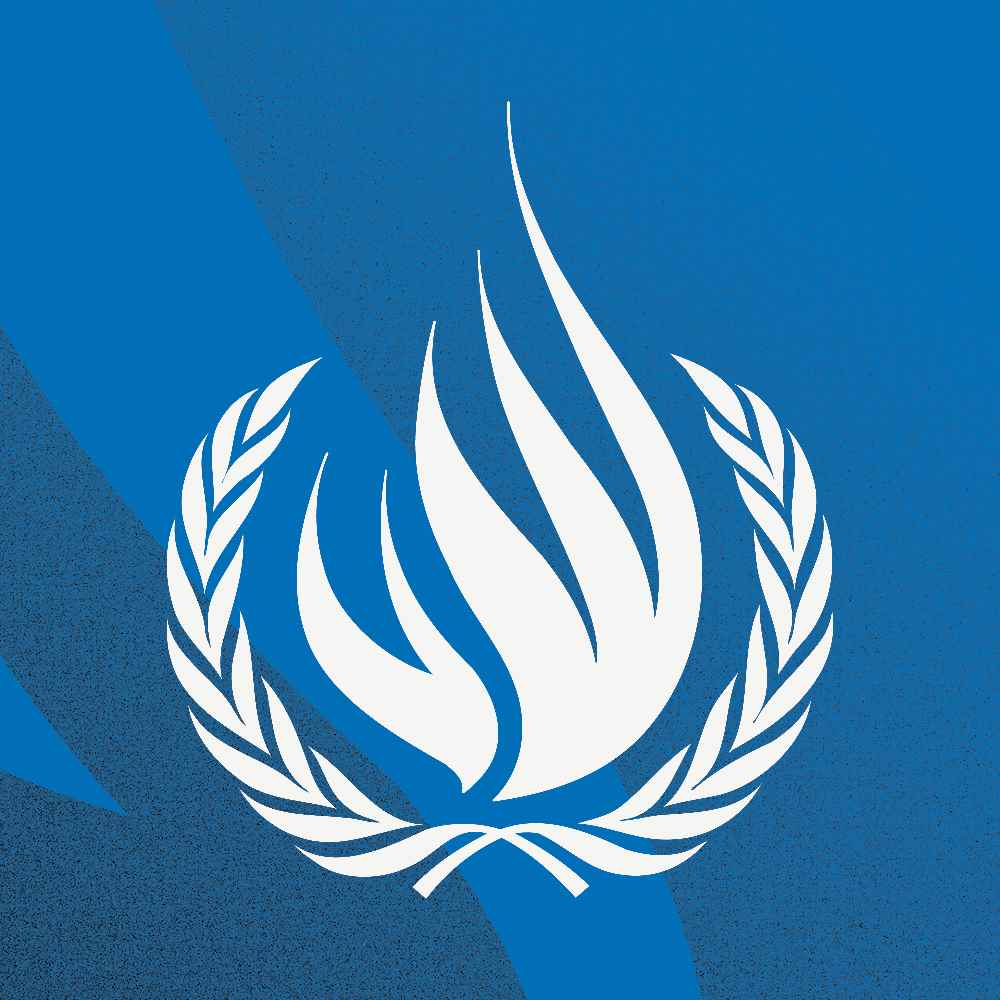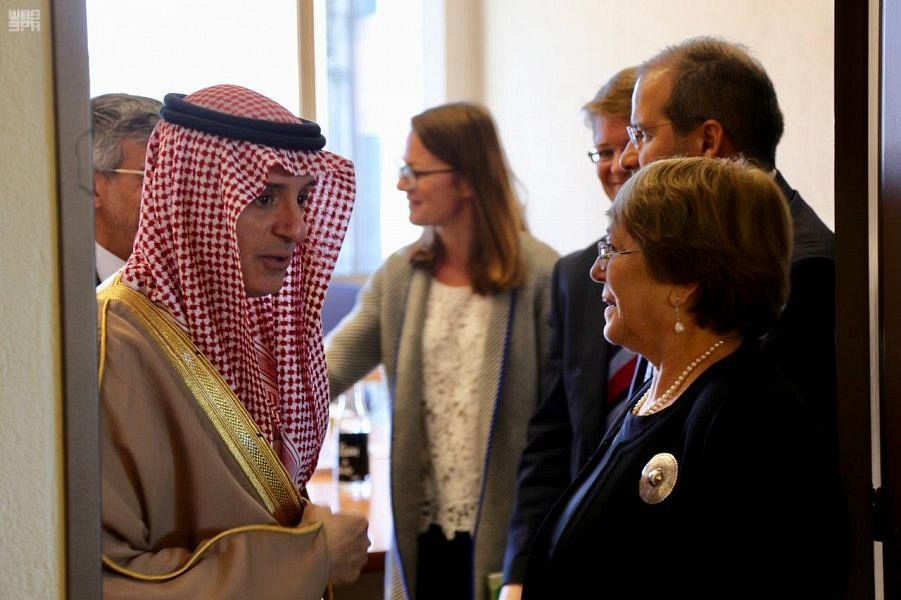
DELIVERED BY
Volker Türk, United Nations High Commissioner for Human Rights
AT
14th session of the Open-ended Working Group on Ageing
Excellencies, distinguished delegates,
This Working Group has a critical mandate to protect the human rights of older people, who make crucial contributions to all of our societies.
Without exception, we all age.
The young people of today will be older people one day soon.
Our lives have been – and continue to be - marked by exceptional developments in human longevity.
By 2050, it is estimated that the number of older people will double to 1.5 billion, making up one in six people worldwide.
And this is very much a global phenomenon. Over the next three decades, Northern and sub-Saharan Africa, as well as Western Asia, will see the fastest growth of the population aged 65 and above.
Many more of us can now look forward to longer and healthier lives.
Yet, these advances will not be experienced equally.
Right now, inequalities around the world are skyrocketing. Poverty is at levels not witnessed in decades.
And sadly, these inequalities cross all generations. Healthy, happy, dignified lives are not guaranteed for all of us.
Older people – who represent an incredibly diverse demographic group - face a number of particular challenges in the enjoyment of their human rights. These challenges need to be addressed urgently.
Violence, neglect and abuse.
Widespread stereotyping, stigmatization and marginalization.
Engrained and pervasive assumptions about their lack of ability or their frailty.
Such ageist attitudes lead to discrimination and exclusion.
Concretely, this can mean lack of access to healthcare, including long-term care and support. It can mean exclusion from employment or education.
And the cycles of inequality continue to turn, as many older people face imposed limitations on their capacity to take decisions about their own lives, or to live independently.
To understand these inequalities and the diverse ageing experiences of older people, we need disaggregated and better data to adopt informed national policies.
We need urgently to take concrete steps to bridge the digital divide, which is currently leaving many older people behind, without connectivity, without access to essential services. We must harness the potential of digital technologies to advance the rights of society’s older people.
And we need human rights economies that value the contributions of older people, and that prioritise investment in social protection and care and support systems that enable them to live longer, healthier and dignified lives.
Over the last 14 years, this Working Group has gathered a wealth of evidence on the normative and protection gaps in the current national and international frameworks that undermine the dignity of older people.
The analysis conducted by my Office, and that of the Independent Expert, make crystal clear: to overcome these gaps and the fragmentation of the existing international framework, we need a fundamental shift.
We need a stronger global commitment to develop a comprehensive international legal instrument on the rights of older people.
No society can or should ignore the wisdom, creativity and experience that older people bring.
Older people must be better protected for the unique human rights challenges they face.
As the UN prepares for the Summit of the Future, we have a key opportunity for a united and global commitment to build human rights into solutions to these challenges. To take the bold steps needed to move forward.
I hope that your deliberations over the coming days will set into motion concrete, timebound actions to advance us towards a world where older people are respected, celebrated and can live lives of dignity and potential.
My Office remains committed to this ambition.
Thank you.








